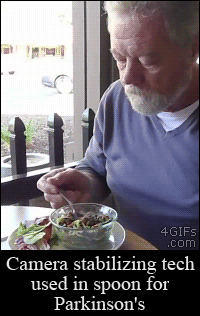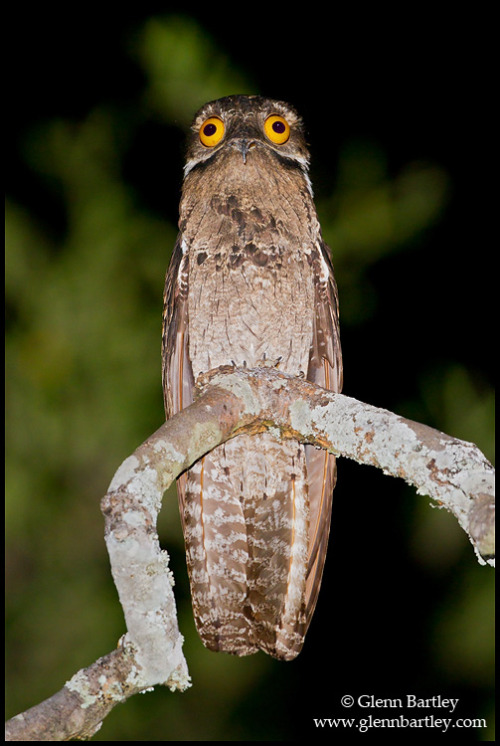Me: *lifts Cat Down From Table To Stop Her From Drinking The Water I’m Using For Dipping My Brushes
Me: *lifts cat down from table to stop her from drinking the water I’m using for dipping my brushes when painting*
Cat: *keeps getting back up on table because that water is Obviously hers and she needs to drink it*
Me: No, there is paint in that, you don’t want to drink it
Cat: *slaps my hand over and over in an attempt to get me to stop hindering her attempts to drink water*
More Posts from Doves4life-blog and Others

I SPeNT THE LAST THRHEE MINTUES LAUGHING MY ASS OFF BECUASE I THOUGHT HTOSE WERE FUCKIGN LEGs

Our Senses of Humor 🤣 (W/ @jonerstrokes… legit laughter here XD)

Who’s brave enough to reblog or repost
I recently got a diamond dove and I wanted to ask stuff beyond what I could find researching online: what will the first few weeks be like? Is there any effects a too small cage can have on the dove? (Bought the biggest I could with upgrades planned) when can I expect cooing if at all? Mine gain some weight/ looks fatter. Should I be worried/vet visit for that? And I haven't found much info on it- are there ways to hand train them? Or are they 100% against being touched and scritches? Thank you!
Diamonds are in the parrot boat of still being wild animals.
Their shorter maturation period has put them further along the path to domestication, but expecting unsocialized adults to accept being cuddled is asking too much of most of them.
Expect that it will be VERY quiet the first few weeks. Moving is harder on Diamonds than domesticated doves and it takes them a while to settle.
Once yours does, hand taming will be a VERY slow process. Diamonds are spooky and tiny and prone to panic, so don’t start until your interaction with its dishes or floor stops visibly scaring it.
When it’s at the point of ignoring your hands during feeding and maintainence, you can begin to very slowly reach for it from below.
This will take careful observation on your part, as you’ll need to withdraw again well before the Diamond EXPLODES into flight! At the first shift of its body away from your aproach, stop and withdraw.
It needs to learn that it can trust you to pick up on its discomfort and leave it be when it needs you to.
Eventually, it will lower its guard and let you get closer bit by tiny bit. When it does, try to touch its feet before anything else and coax it gently to step up and sit on your finger.
Diamonds being still basically wild means that they haven’t been adapted to confinement the way Pigeons and Ringnecks have. They need space to legitimately fly so that they don’t atrophy. And being too confined will make a neurotic mess of a Diamond!
Telling a fat diamond from a contentedly fluffy one is tricky without a gram scale.Average weight for an adult is about 32grams, which is less than a one week old Ringneck.
If the Diamond is poofballed, it may be ill or cold.
Diamonds can and do stress to death at the drop of a hat, so fiddle with the temperature and up its feed a little before you take it to the vet.
When traveling with a Diamond that hasn’t been trained for it, use either a dark box or a cloth carrier wrapped in a towel.Being in the dark is like an off button for birds. They automatically go to sleep, which negates a lot of the stress of travel.
need to buy ants in bulk looking to buy big healthy ants for my ant pit please reblog with your best offer I need these ants very fast
THE COUNSEL

They’re up to something…

I want
picking RPG clothes based on maxing stats instead of whether they match or not
-
 dragonidpyrus12 liked this · 2 months ago
dragonidpyrus12 liked this · 2 months ago -
 slasherslashpersonaltrainer liked this · 8 months ago
slasherslashpersonaltrainer liked this · 8 months ago -
 lydenwut liked this · 11 months ago
lydenwut liked this · 11 months ago -
 ringtone-666 reblogged this · 1 year ago
ringtone-666 reblogged this · 1 year ago -
 ringtone-666 liked this · 1 year ago
ringtone-666 liked this · 1 year ago -
 bot-ivan reblogged this · 1 year ago
bot-ivan reblogged this · 1 year ago -
 bot-ivan liked this · 1 year ago
bot-ivan liked this · 1 year ago -
 knife-catto reblogged this · 1 year ago
knife-catto reblogged this · 1 year ago -
 coolaidstain reblogged this · 1 year ago
coolaidstain reblogged this · 1 year ago -
 coolaidstain liked this · 1 year ago
coolaidstain liked this · 1 year ago -
 trans-jesus-superstar reblogged this · 1 year ago
trans-jesus-superstar reblogged this · 1 year ago -
 trans-jesus-superstar liked this · 1 year ago
trans-jesus-superstar liked this · 1 year ago -
 myqueerramblings reblogged this · 1 year ago
myqueerramblings reblogged this · 1 year ago -
 iwillhaveamoonbase liked this · 1 year ago
iwillhaveamoonbase liked this · 1 year ago -
 alkdfkkslaldkjdka reblogged this · 2 years ago
alkdfkkslaldkjdka reblogged this · 2 years ago -
 futuristicallyclever42 liked this · 2 years ago
futuristicallyclever42 liked this · 2 years ago -
 xionthedragon reblogged this · 2 years ago
xionthedragon reblogged this · 2 years ago -
 safirescribbles reblogged this · 2 years ago
safirescribbles reblogged this · 2 years ago -
 safirescribbles liked this · 2 years ago
safirescribbles liked this · 2 years ago -
 grokwrites liked this · 2 years ago
grokwrites liked this · 2 years ago -
 fiorehiosig liked this · 2 years ago
fiorehiosig liked this · 2 years ago -
 quinner-quinner-chicken-dinner reblogged this · 2 years ago
quinner-quinner-chicken-dinner reblogged this · 2 years ago -
 quinner-quinner-chicken-dinner liked this · 2 years ago
quinner-quinner-chicken-dinner liked this · 2 years ago -
 a-devil-4-me liked this · 2 years ago
a-devil-4-me liked this · 2 years ago -
 goodjobrammy liked this · 2 years ago
goodjobrammy liked this · 2 years ago -
 butch-himbo reblogged this · 2 years ago
butch-himbo reblogged this · 2 years ago -
 butch-himbo liked this · 2 years ago
butch-himbo liked this · 2 years ago -
 finished-ink reblogged this · 2 years ago
finished-ink reblogged this · 2 years ago -
 finished-ink liked this · 2 years ago
finished-ink liked this · 2 years ago -
 wju2015 reblogged this · 2 years ago
wju2015 reblogged this · 2 years ago -
 wju2015likes liked this · 2 years ago
wju2015likes liked this · 2 years ago -
 fairytaleslayer reblogged this · 2 years ago
fairytaleslayer reblogged this · 2 years ago -
 myhumbleme reblogged this · 2 years ago
myhumbleme reblogged this · 2 years ago -
 mordecai72 reblogged this · 2 years ago
mordecai72 reblogged this · 2 years ago -
 nishinoya-yuu-rolling-thunder liked this · 2 years ago
nishinoya-yuu-rolling-thunder liked this · 2 years ago -
 sgnjreltwo4i2p3oqer98765oiuhyg liked this · 2 years ago
sgnjreltwo4i2p3oqer98765oiuhyg liked this · 2 years ago -
 remmybeegoosey reblogged this · 2 years ago
remmybeegoosey reblogged this · 2 years ago -
 remmybeegoosey liked this · 2 years ago
remmybeegoosey liked this · 2 years ago -
 liberhoe reblogged this · 2 years ago
liberhoe reblogged this · 2 years ago -
 liberhoe liked this · 2 years ago
liberhoe liked this · 2 years ago -
 sugarkat reblogged this · 2 years ago
sugarkat reblogged this · 2 years ago -
 sugarkat liked this · 2 years ago
sugarkat liked this · 2 years ago -
 nathancartz liked this · 2 years ago
nathancartz liked this · 2 years ago -
 slizigizard reblogged this · 2 years ago
slizigizard reblogged this · 2 years ago -
 arealpersonprobably reblogged this · 2 years ago
arealpersonprobably reblogged this · 2 years ago -
 arealpersonprobably liked this · 2 years ago
arealpersonprobably liked this · 2 years ago